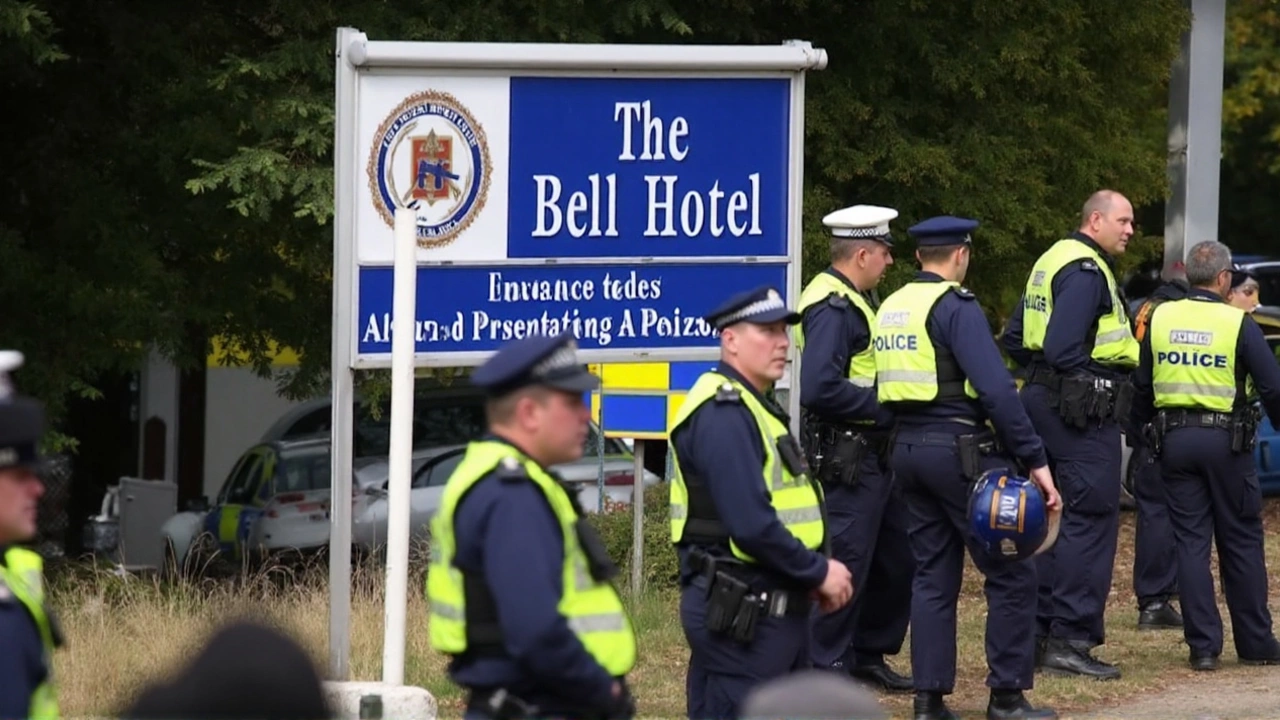Epping Residents Score Legal Win Over Migrant Hotel Plan
Things kicked off in Epping, Essex when the High Court slapped a temporary halt on plans to house asylum seekers at the Bell Hotel. The judge sided with Epping Forest District Council after residents pushed back hard, voicing worries about their community’s safety and the kind of impact an asylum hotel could have locally. For many parents, it felt like the system finally listened—and it’s got plenty of people talking beyond Epping.
Conservative leader Kemi Badenoch wasted no time celebrating the outcome. She didn’t mince words, calling the court’s decision "a victory for the mums and dads I spoke to in Epping who just want their children to be safe." In her statement, Badenoch hit back at the policy that placed a "hotel full of young male illegal immigrants in the middle of a community," insisting this was a recipe for problems and demanding immediate removal from the area.
Badenoch wasn’t alone in seizing the moment. Nigel Farage, leader of Reform UK, chimed in to call it a win for parents and other concerned locals who, in his words, "stood up bravely, despite being slandered as far-right, and have won." Farage leaned into broader frustrations, saying the situation mirrored what many UK towns have experienced—he argued that most people in Britain want far stricter controls when it comes to undocumented arrivals.

Local Pushback, Political Firestorm, and Real-World Impact
While politicians sparred, what actually sparked this revolt in Epping? Safety concerns led the charge, especially after national news broke stories surrounding some individuals housed at the hotel—reports included criminal allegations, with one high-profile case involving sexual assault set to go to trial soon. For parents and local neighborhood groups, these fears were only heightened by what they saw as a lack of consultation and control over who gets placed where.
For opponents of the government’s asylum housing policies, Epping is now a rallying cry. Farage called for a system where "undocumented males who break into the UK illegally should not be free to walk the streets anywhere"—arguing they should be detained and deported as soon as possible. Badenoch, meanwhile, hammered Labour for failing to deal with "record high" small boat arrivals and for lacking a real plan to deter future cases. She promised a tougher stance, saying it’s time to "bring back a proper deterrent and remove all illegal arrivals immediately" so other towns don’t face the same situation.
The current government’s housing of asylum seekers in hotels has been bubbling as a source of national frustration. It’s not just about crime, either—the debate covers how local schools, medical services, and even public spaces adapt when the population changes quickly and, some claim, without warning. In Epping, what set things apart was how quickly the community organized. Social media groups, council meetings, and good old-fashioned petitions gave regular people a way to make plenty of noise—and this time, the courts took notice.
Labour and Conservative voices have both weighed in, but there’s no end in sight for this row. From Epping to other small towns across the UK, parents and local leaders are now watching to see if their own protests could spark similar legal outcomes. There’s talk about public safety, about how Britain should handle migration, and even about who gets to decide what’s best for a neighborhood. The Bell Hotel might only be one place in Essex, but the fight over its use is now a symbol in the much bigger national conversation on asylum and local control.
